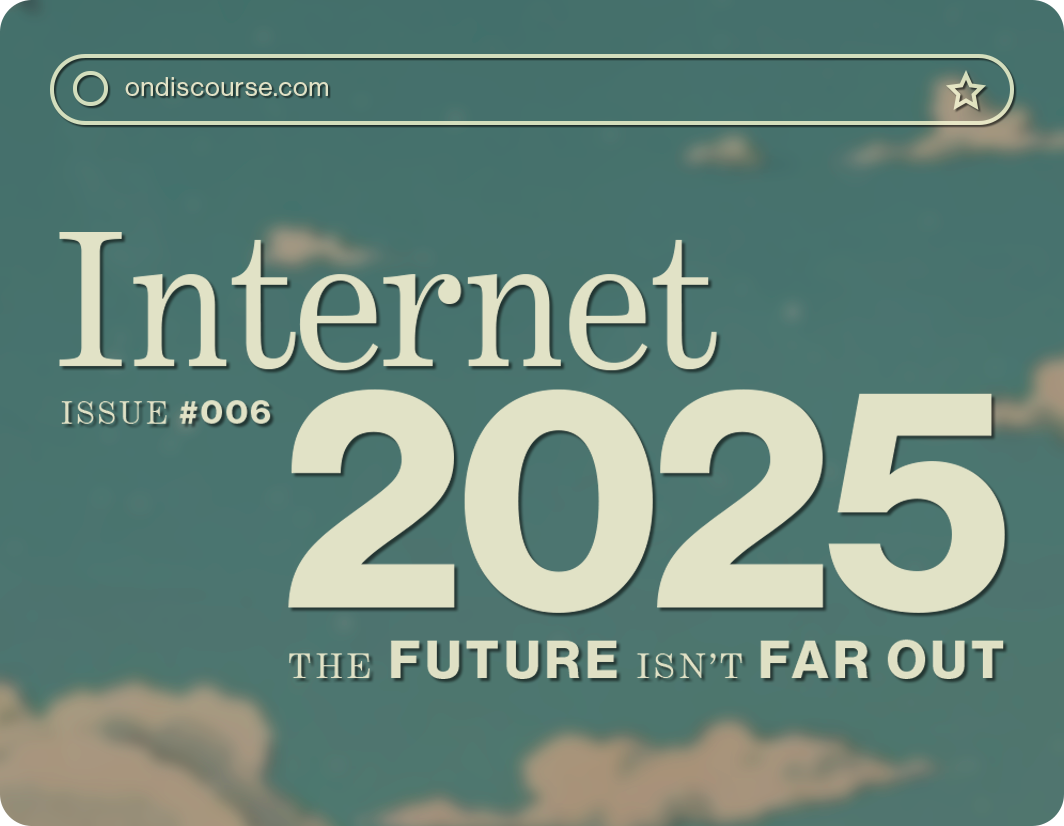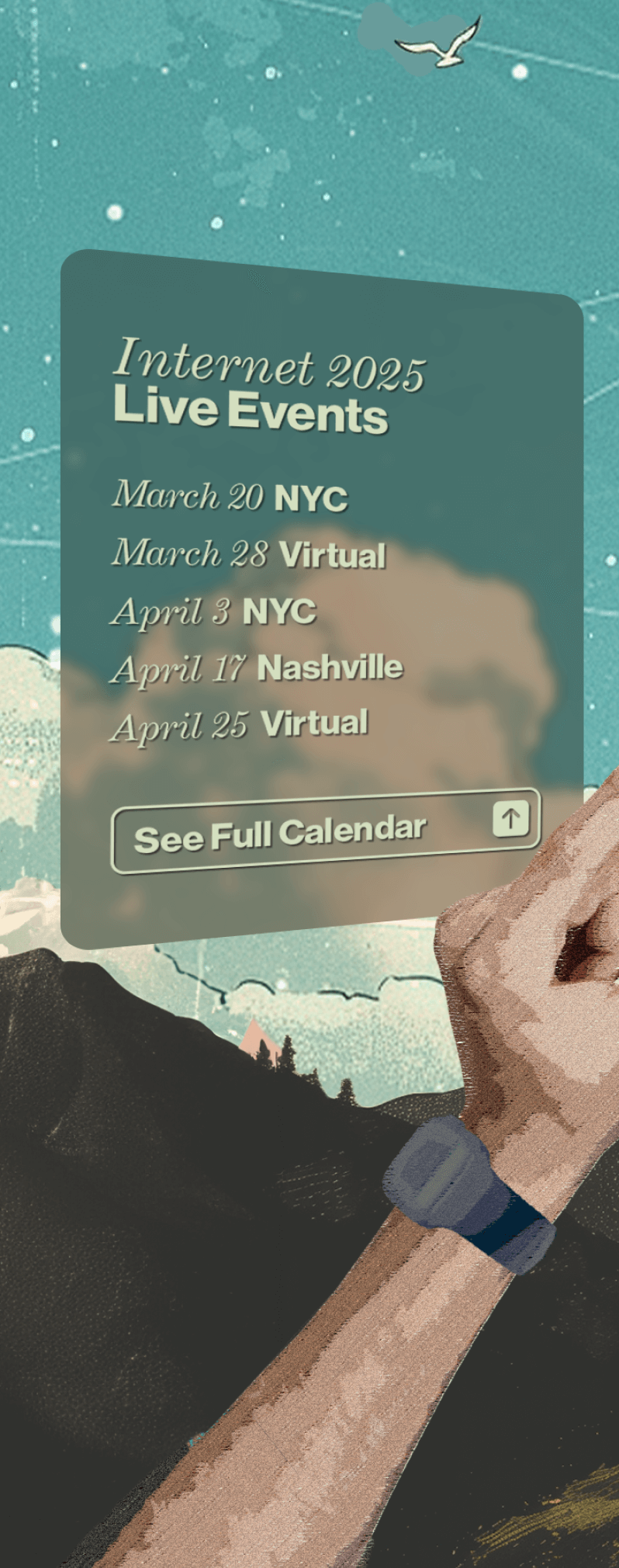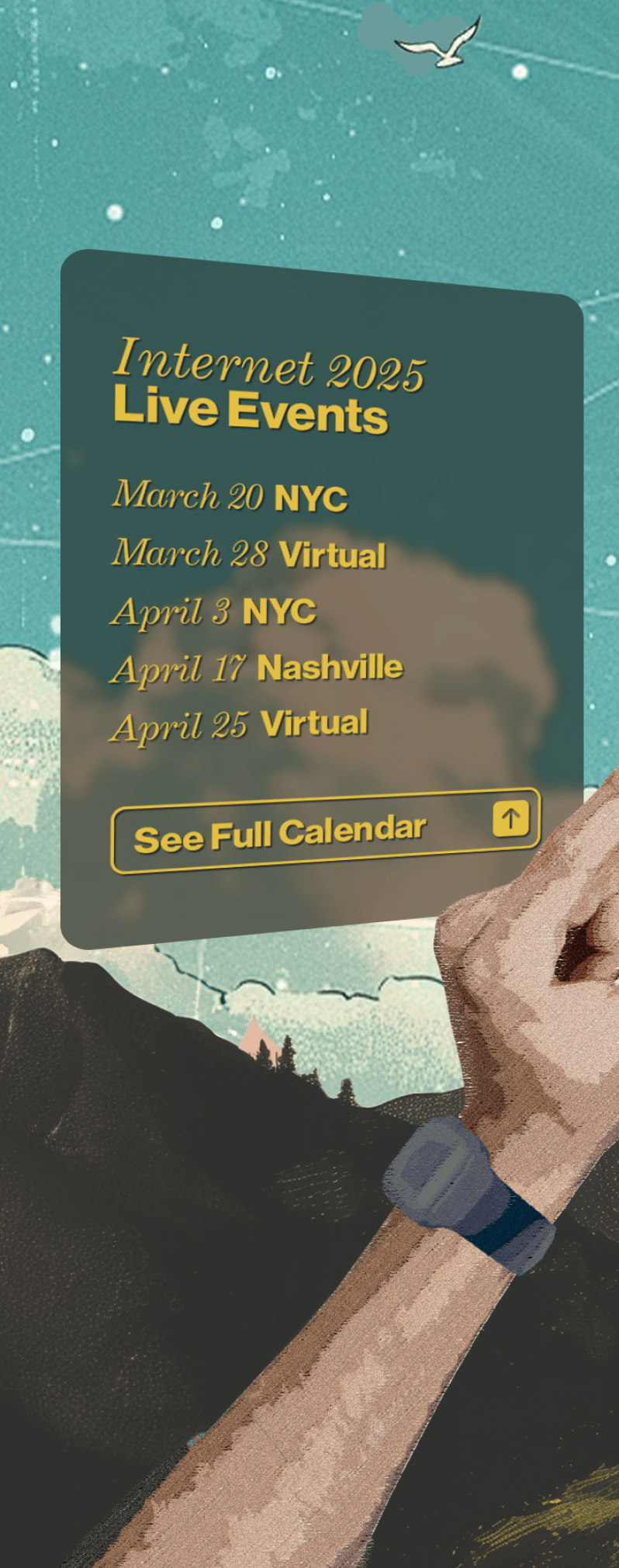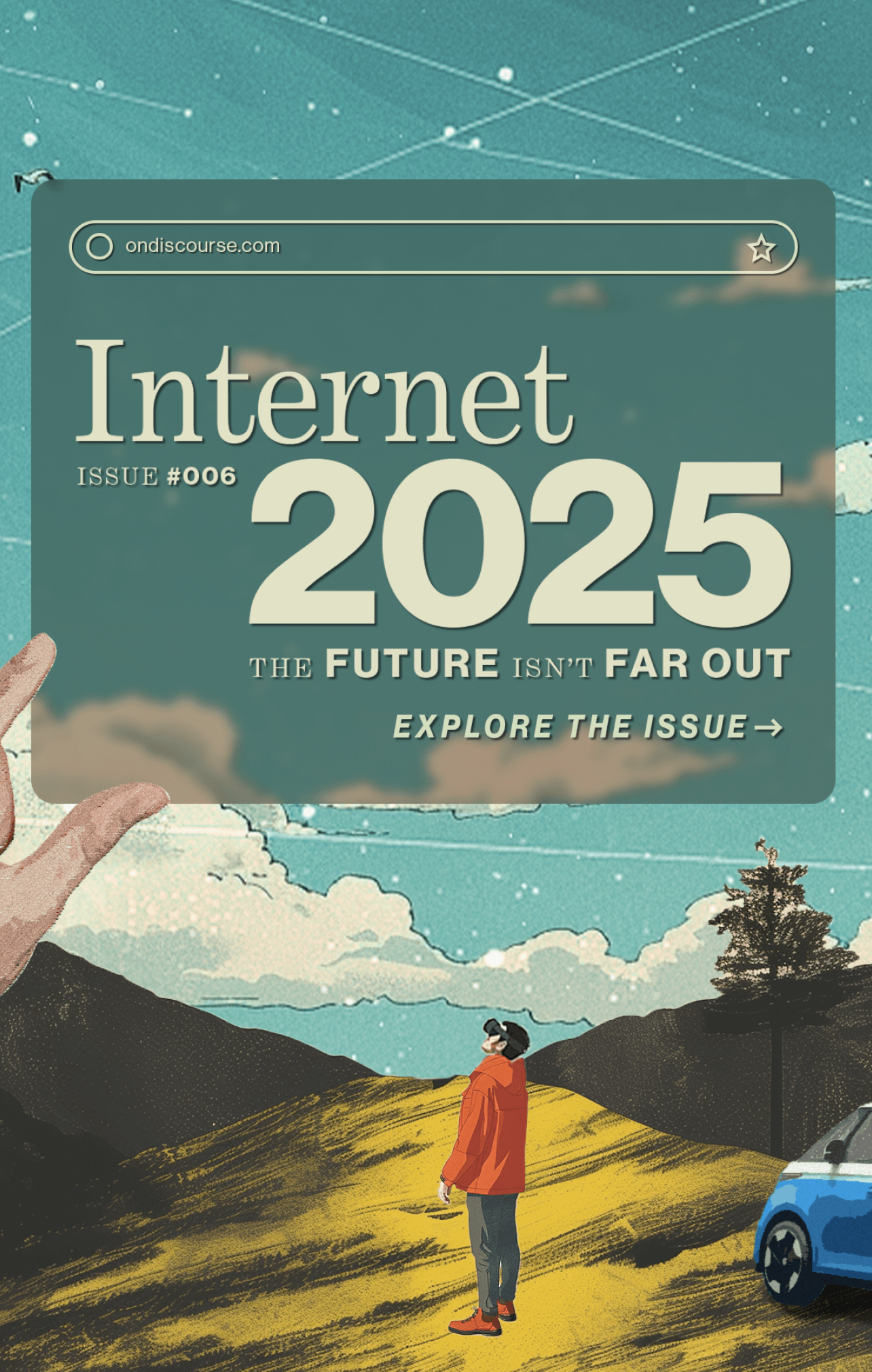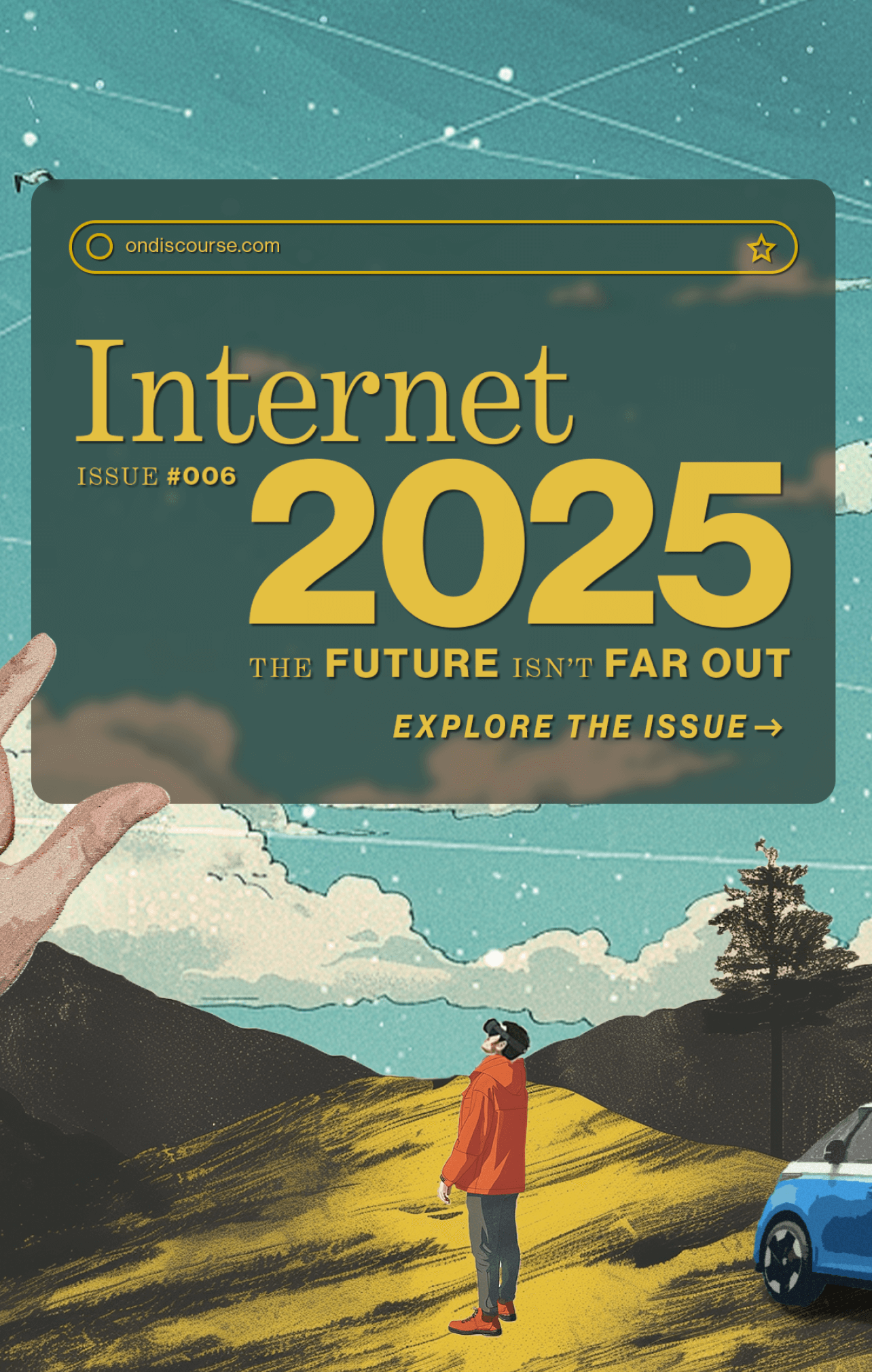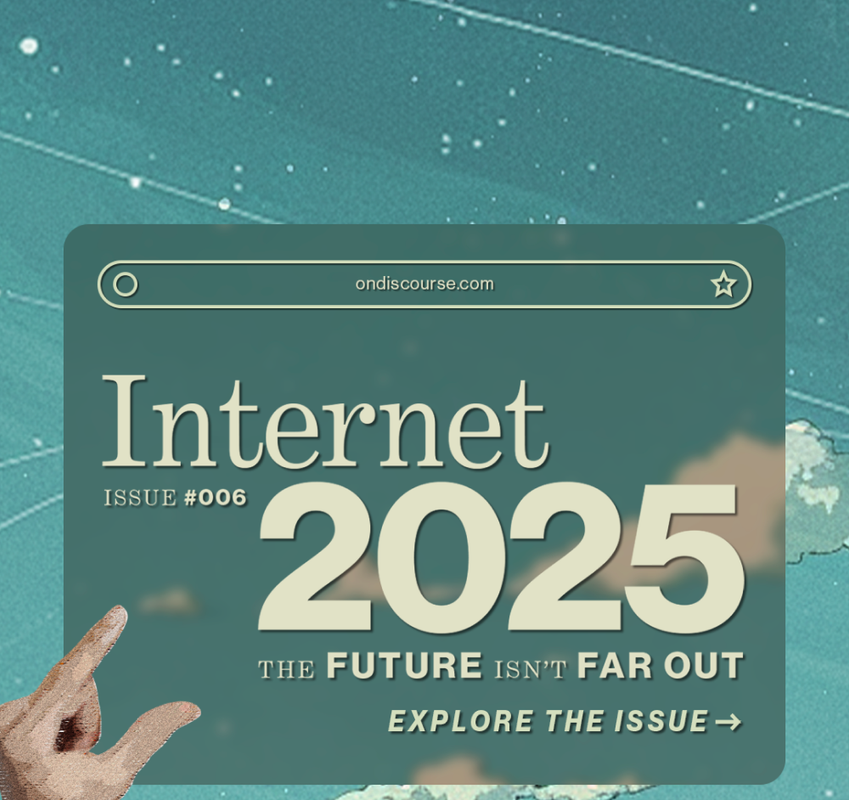Are
Websites
Over?
News of the demise of websites is greatly exaggerated
Editor’s note: The following perspective comes from a former digital media founder who was captured speaking from both sides of an argument. As you can see, there are some strong considerations representing both sides of this question, but in the end, it ends in a pretty convincing place.
This post was written by a human and narrated by an AI-generated voice. (powered by Wondercraft.ai).
As we venture into the AI internet, I find myself lingering on a really fundamental question: what are websites for? In today’s conventional web, a website is a container for advertising. The most compelling containers drive the most audience attention, generating more value; but what about the least compelling containers? They still drive enough value to motivate the production of a lot of really crappy containers. The internet is full of them. But that dynamic is going to change and because of that, I return to my original question, this time with a caveat: what are websites for in the AI era?
The information flowing through the internet is on the verge of a major abstraction; we are moving from bytes to bits. To put it in the context of websites, we are moving from article pages to the content nested inside them. Combine all of that content with an LLM and you get the mass personalization of information at scale. This is Perplexity in a nutshell.
Websites are so over. Right?
In light of all of this, the notion of a 600-word article no longer makes any sense. In an extreme sense, the consumers of the original pages are no longer humans, but the bots that extract data. If that’s the case, why should websites look and function in a traditional way? Treat them for what they really are: database entries.
I don’t think so.
I have to point out an inconsistency that I can’t resolve. The repurposed content from one website is ultimately getting published on a different site on the web. The underlying formula I referenced at the beginning is still in play. The containers, the attention, and the ads are not going anywhere.
Perplexity is amazing and I use it frequently but it is still a website that is designed to generate valuable consumer engagement that can be monetized. In other words: ads.
The repurposed content from one website is ultimately getting published on a different site on the web. ... The containers, the attention, and the ads are not going anywhere.
Perplexity may be rearranging the touchpoints, but we are ultimately still in the same arena. Additionally, it is really important to recognize this new kind of web page still needs to be properly designed. It is a new kind of web experience on a page on the web and so it needs even more design thinking than a standard container webpage. Taking this further, prompting itself is a new kind of user engagement behavior that is still in need of a design language (editor: that’s debatable). So while I appreciate the fact that a major change is coming, I do not think we are throwing the baby out with the bathwater.
Websites are not going anywhere.

